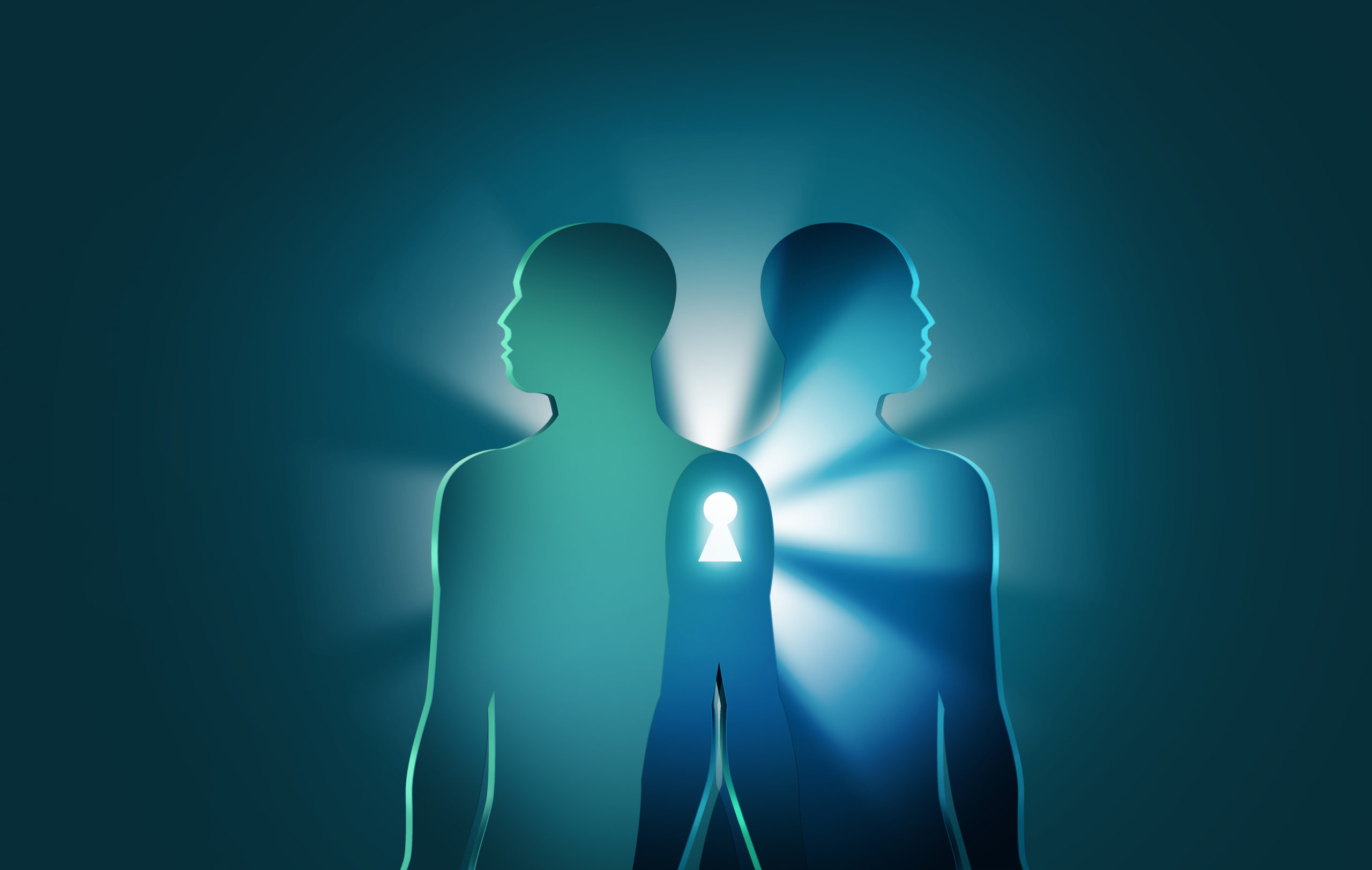Podcast description: Materialism is dead. There are simply too many questions left unanswered after years of studying the brain. Now, people are scrambling for a new way to understand the mind-body relationship. Cartesian dualism has become a whipping boy in philosophy, but it has advantages over the alternatives. Dr. Joshua Farris discusses Cartesianism and philosophy with Dr. Michael Egnor.


:doubt:
It's the only truth that's immediately and ineffably accessible to you and it was like that since you were born. All the other truths are derived from that first one.
I know that my consciousness exists and that I perceive the world though my senses but I've had enough panic attacks to know that my perception is not at all reliable and cannot form the foundation for Truth. I can alter the world through my actions in the world, and never through imagination or mere imposition of ideas. On the other hand I can eat things that will bend my perception entirely out of shape regardless of my intentions, and then a few hours later I realise that nothing changed and nobody ever noticed anything was ever different.
It's not about blindly believing your every perception to be the ultimate truth, that's clearly not a good idea, it's more about knowing that your consciousness does indeed exist on a base ontological level.
When you properly internalize that then reductive physicalism doesn't really make that much sense anymore.
What do you mean that consciousness exists on an ontological level? Materialism is useful to me because it allows me to quickly discard any theory that assumes there's any interaction between consciousness and matter beyond what, in the case of humans, a motor neuron is physically capable of.
In that way I can discard rain rituals, most kinds of sacrifice, telepathy, the theory of great men, the innate theory of gender, wishful thinking, marginalism, and so on.
I'd urge you to reconsider some of that and do some research beyond thought terminating gotchas that the rational nihilist debatebro types spout all the time. I used to think like you but then I delved into the topic a bit more into detail and the more I did the less hardline reductionism made sense.
"Consciousness is just what the matter in the neurons does and nothing else" is a tenuous position that's not even all that backed by actual data, it's at best one of the working theories but far from proven beyond reasonable doubt. The only reason it's considered a valid position IMO is because it's en vogue to be a hardline reductionist nihilist in mainstream western scientific circles.
I don't listen to rational nihilist debatebro types, I developed my (rather rudimentary) ontology though practice in science first and and reading Engels, Althusser, Deleuze and others second.
I'm precisely asking you what thought is there beyond it. What real phenomenon can you explain that I cannot. In particular what is the meaning of having "actual data" about consciousness if you say it's beyond the purview of the material world, and therefore above all measurement instruments I can think of.
Consciousness itself.
Reductionism cannot even conceptually close the explanatory gap between the quantitative world of matter and the qualitative world of conscious experience. Even if you get damn near perfect 999 sigma correlations between states of matter and reports of conscious experience the gap is no closer to being closed.
Also Engels would call you a "vulgar materialist" and wouldn't really agree with you there.
Why are you so hostile. I'm not any closer to understanding your point of view. Instead of saying that Engels would dunk on me, why don't you tell me what is it from him that I'm missing?
In your thought experiment, as I understand it, you're proposing that there's a machine or computer simulation that on one hand measures exactly the same as another material thing that harbours consciousness, (Presumably a human brain? Does it make sense to you to locate consciousness in space?), and on the other hand reports itself as conscious and feeling.
If such an experiment were possible—when you say it's 999 sigma you're implying it repeatable in laboratory conditions—indeed I would consider it a complete physical explanation of consciousness. It walks like a duck, it quacks like a duck, it even tells you that it's a duck, what else could possibly be there to explain?
However I doubt that we'll reach anywhere if we keep just talking past each other. In hopes of reaching common ground, I'd appreciate if you picked one of the topics I mentioned a few comments ago and told me what you think about it or how it relates to your ontology:
so you say, no greater deception than the one by yourself for your "self", would lack of consciousness change your action and perception, well through alcohol we know the first ain't true and the second is a byproduct of believing the first, are we all? nothing is less assured or more tenuously within our grasp, also truth and knowledge as such do not exist :chefs-kiss: